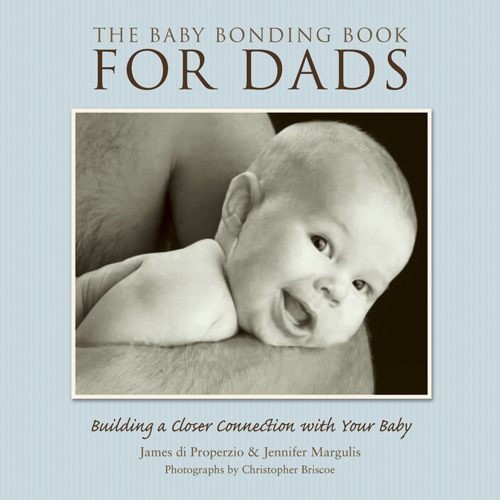A new scientific study from Norway suggests that dads need to get our mental health in order BEFORE fathering children
Dad's Distress May Make for Troubled Toddler
By Cole Petrochko, Staff Writer, MedPage Today
Published: January 07, 2013
An expectant father's mental health problems may be linked to his child's behavioral and emotional difficulties early in life, researchers found.
A Norwegian cohort found paternal psychological distress was associated with a small but positive risk of a child developing behavioral difficulties, emotional problems, and impaired social functioning, according to Anne Lise Kvalevaag, PhD candidate, of Helse Fonna HF in Haugesund, Norway, and colleagues.
Higher levels of emotional distress in expectant fathers were associated with higher levels of emotional and behavioral problems in children, they wrote online in Pediatrics.
Earlier research has found ties between psychiatric disorders in
mothers and "increased risk of socioemotional and behavioral problems in their children," the authors noted.
"The current study demonstrates that there is a consistent positive predictive association between fathers' parental mental health status and their children's socioemotional and behavioral development at 36 months of age," they concluded. "The findings are of importance for clinicians and policymakers in their planning of healthcare in the perinatal period because this represents a significant opportunity for preventive intervention."
The researchers examined associations between paternal mental health and children's socioemotional and behavioral development through a prospective, population-based cohort of 31,663 kids in the Norwegian Mother and Child Cohort Study.
Fathers' mental health information was acquired through the self-reported Hopkins Symptoms Checklist (SCL-5) at weeks 17 or 18 of gestation. SCL-5 is an indicator of level of global mental distress, mainly symptoms of anxiety and depression, and the cutoff point for SCL-5 is 2.00, they authors explained.
Data on the child's emotional and behavioral development -- as well as the mother's pre- and postnatal mental health -- were taken at 36 months after birth. Maternal mental health was evaluated through the same questionnaire fathers filled out. Child development was evaluated through three parental-response questionnaires on mental health, socioemotional problems, and behavior.
The mean SCL-5 score for the fathers was 1.13. Three percent of the fathers had a score above the cutoff of 2.00.
In a crude analysis with behavioral difficulties as the dependent variable, paternal psychological distress was significantly associated with a child's behavioral (odds ratio 1.28, 95% CI 1.04 to 1.58) and emotional difficulties (OR 1.65, 95% CI 1.36 to 2.00) at age 36 months, as well as social functioning (OR 1.32, 95% CI 1.08 to 1.62).
This association persisted after adjustment for age, education, marital status, somatic conditions, alcohol and tobacco use, physical activity, and maternal mental health.
When the model was fully adjusted, associations between behavioral difficulties and father's distress lost significance (OR 1.13, 95% CI 0.91 to 1.40, P=0.3), though the other associations remained significant.
The authors noted "a number of possible mechanisms could account for this association" including a prenatal genetic effect of paternal psychological distress, negative outcomes of depression on mothers resulting in negative outcomes for the child, and prenatal health predicting postnatal health, which "may account for some of the associations seen."
The authors noted several limitations with their study. The cohort had a 38.5% participation rate, which could have resulted in selection bias. Additionally, survey answers were self-reported and can be affected by rater bias.












